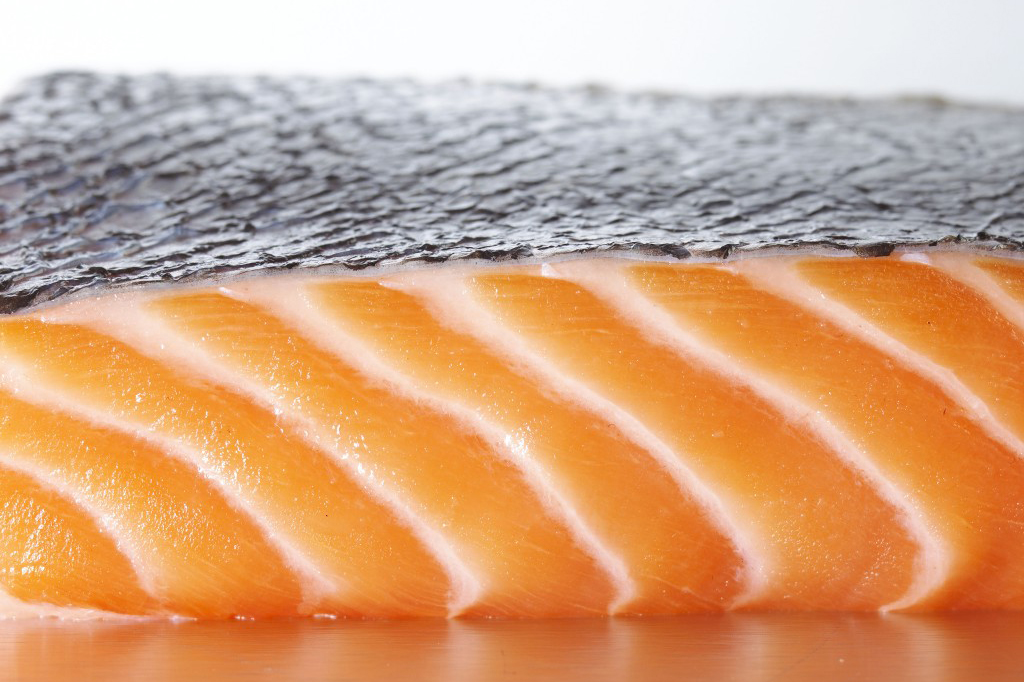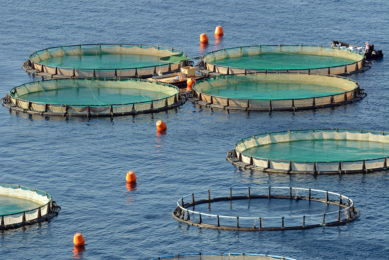Fast growing transgenic salmon in US shops

After two decades of regulatory discussion, FDA have approved a fast-growing salmon for the US market. It is the first genetically engineered animal to be approved for human consumption in the United States.
Many years have been spoken about the approval of this fish, as already mentioned on All About Feed in 2010. The genetically modified fish, called ‘AquAdvantage’ salmon, were engineered by AquaBounty Technologies of Maynard, Massachusetts, to express higher levels of a growth hormone than wild salmon. The fish grow to full size in 18 months rather than 3 years.
Proponents and opponents
According to proponents of the technology, these modifications mean that the fish require smaller amounts of feed and other resources per kilogram of harvested fish, and that the modified salmon could ease pressure caused by heavy fishing of wild populations. Opponents fear that engineered fish could escape from their farms and might alter natural ecosystems. They also criticize the lack of a requirement that the meat be labelled as genetically engineered.
First of its kind
The FDA completed its food-safety assessment in 2010, and released its environmental-impact statement at the end of 2012. The long delay between the completion of those steps and a final decision led to rumours of political interference. But Laura Epstein, a senior policy analyst for the FDA’s Center for Veterinary Medicine, says that the approval took so long because it was the first of its kind. “With most products that are the first of its kind, we are very careful,” she says. The agency also had to wade through many public comments before it could issue a decision, she adds.
This is what other media wrote about the transgenic salmon:
BBC
Reuters
Telegraph
NBC News
Source: Nature











